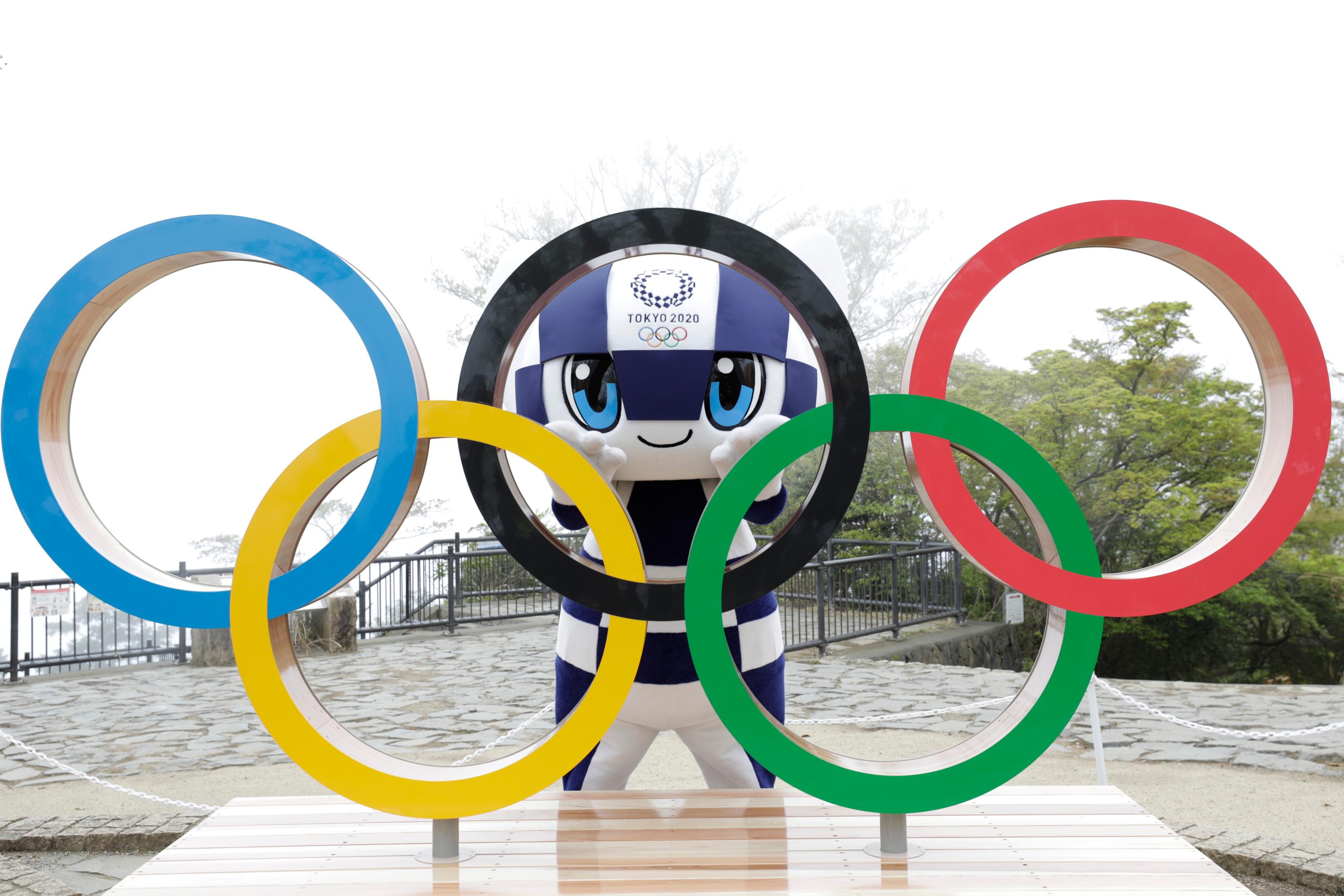It’s high time Japan reconsider staging the 2021 Tokyo Olympics
The 2021 Tokyo Olympics is knocking at the door and everyone is still unsure whether to embrace it or skip it, considering the ongoing pandemic situation around the world. However, the LOC and IOC are convinced that the Games would go on, but will the world pay a huge price for it?

Japan might not be one of the worst affected countries in the world but the common folk have had a lot on their mind especially when one of the biggest events of the year takes place in the midst of a pandemic. They've been wondering what would happen when 11,000+ athletes, alongside countless others, from all across the world set foot in July for the 2021 Tokyo Olympics. While the echoes from the largest cross-sections of the country have screamed for the Games to be ditched the IOC, already running the show a year late, are adamant to brush away roadblocks, irrespective of the magnitude of repercussions it might have.
With the competition within the sniffing distance, organisers - LOC (Local Organising Committee) and IOC (International Olympic Committee) must clear any dilemma they have, take a decision and stand by it. To give a clear picture of what’s happening here, there and everywhere, many of the qualifying events for the Olympics have either being cancelled, re-located or attended by half the normal quota.
What’s even more alarming?
Numerous countries are now busy combating fresh waves of Covid-19 cases, which coincides with the rehearsal ahead of the showdown in Tokyo. For the same reason, authorities of lesser affected ones have created a ‘red-list’ aka a list of cities and places where athletes won’t be allowed to fly to or arrive from. This turn of events has already started to hamper the qualification process and in turn dent the competitiveness of the Games, especially when many athletes may not get an opportunity to make the cut.
India, a country that was supposed to field one of their largest contingents, are bearing the brunt of the new policies from their archers to their shuttlers. The former was denied a visa by Switzerland for the World Cup while the latter failed to get the green light from the Malaysian government. Given the current wave hitting the country, many sure shot athletes might miss out on qualification altogether. However, the clever men and women have found a loophole, where athletes have the privilege of camping in transit in another nation that doesn't grace the ‘red-list’, serve their quarantine period, and then fly to the actual venue. Ironically, more travelling could leave to more chances of contracting Covid-19.
Exploiting the same rule, the NRAI has sent most of their shooters to Zagreb, for a training-cum-competition tour, from where travelling to Japan would not be an issue. The SAI and other NSF’s, with enviable funds, can afford such luxuries, but the volatility of their counterparts might hinder them to take equal strides. Moreover, individual tournaments work with small sample sizes.
Japan will declare a state of emergency in three more prefectures hit hard by the COVID-19 pandemic, Economy Minister Yasutoshi Nishimura said, in a surprise move reflecting growing concerns about the virus's spread https://t.co/zA3U0uomxk pic.twitter.com/pcCZ2E24MJ
— Reuters (@Reuters) May 14, 2021
But, with 205 nations all making their way into the strip - the IOC can neither create a divide among visiting nations nor can they ensure the complete safety of everyone involved. What does that mean? It means that there is a good chance that many nations many follow North Korea's footsteps, for once, and withdraw from the tournament altogether.
Agreed, with a robust medical structure, with proper testing facilities sanctioned at entry points could help things, but the vulnerability of testing positive in the first case defeats the purpose. Even if there is a cushion of 24-hours between two successive tests, the concerned person will have enough time to pass over the virus and start a chain reaction with far-reaching consequences. Vaccination is the other way out, but still, there is an iota of danger with the jabs not yet stamped as full-proof solutions. To what extent might the athletes risk themselves, with them knowing that close proximity with various others from around the world cannot be avoided?
As per Kyodo, a survey was conducted amongst the Japanese people as to whether they want the Olympics to take place or not. The answer saw more than half, 60% of the respondents, signing the same tune with them opposed to the idea of having the Olympics and putting thousands of lives in jeopardy. This comes on the back of the expansion of the State of Emergency situation by the local government from six areas to nine. Rage and outburst continue even today as a petition signed by over 3,51,000 people was submitted to the governor of Tokyo, to prompt him to take legal actions and suspend the entire shebang.
Anti-#Olympics protest in Tokyo. The protesters are angry. They tell me it's wrong, even inhumane, for Japan to host the Games when so many people around the world are struggling...amid surging #COVID19 cases in Japan & 1% of population fully vaccinated @cnn @newday @JohnBerman pic.twitter.com/JcPcpS6V6z
— Selina Wang (@selinawangtv) May 17, 2021
However, the stance from IOC remains the same - the show must, and will, go on. Meanwhile, Japan Prime Minister Yoshihide Suga publicly addressed that the Olympics are not his priority but his comments fell on deaf ears. It has seen a catalogue of Japanese people from different spheres - including doctors who have warned regarding the cruel outcomes should Tokyo 2021 continue, which would allow thousands of people to enhance their chances of contracting the virus. However, the government has played safe and passed the buck to the IOC, as they hold the gavel in their hands to overturn the case. It remains to be seen how shifting the blame caters as a solution.
But it is believed that the stubbornness of the local organisers has been backed by the financial loss that could be dished out if the event is scrapped. The Tokyo edition is already the most expensive one, as per an Oxford University study that was undertaken last year, and its cost is increasing owing to Covid-19 related precautionary measures. Their uncompromising nature has reached such a carefree level that the LOC and IOC believe that the ‘The question is not whether, the question is how these Olympic Games will take place.’ The dichotomy involved is unhealthy.
But as the world continues to scream and ask them to postpone with tennis legends like Roger Federer and, Japanese star, Naomi Osaka making their voices and their scepticism regarding the Games taking place clear, nothing has changed.
Does that ring a bell?
But on the other side of the spectrum, the fear of missing out on maybe the greatest sporting event of their lives has kept more than a few athletes going irrespective of health concerns. However, the safety of the athletes, the Japanese people and maybe even the world should and needs to take front seat for the moment, going by which, the air clearly carries the message - the Olympics cannot happen in these circumstances.
11,000+ athletes from around the globe sharing the same space in one area for 15 days? The risk is too great and the cost that might be incurred could be devastating.

Comments
Sign up or log in to your account to leave comments and reactions
0 Comments